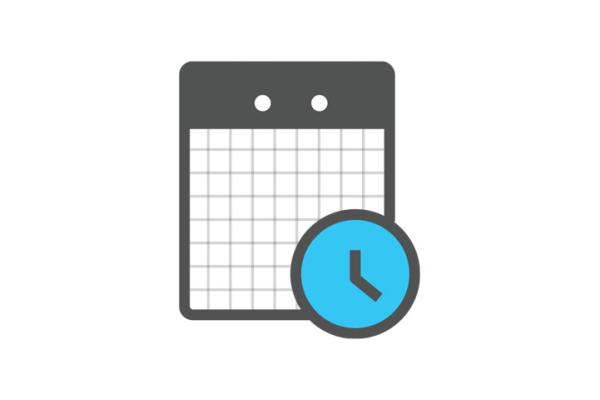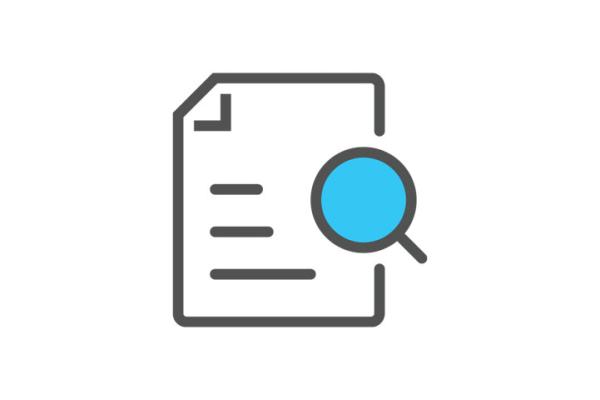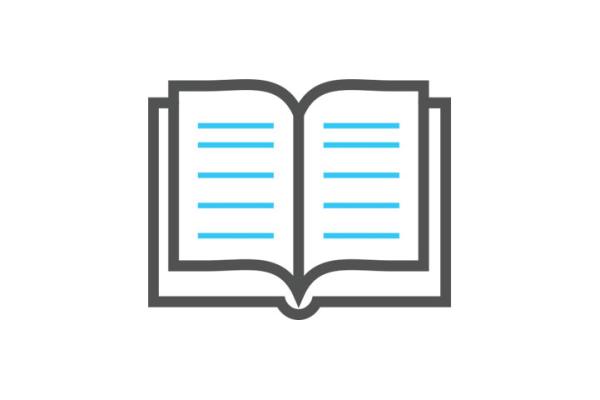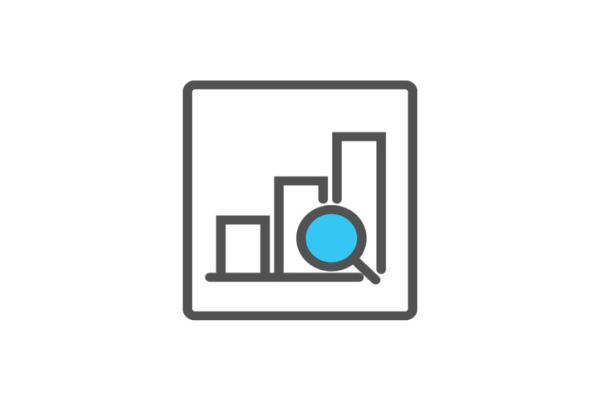The EU is a global leader in the pharmaceutical industry and the world's biggest trader in pharmaceuticals and medicinal products.
As the industry becomes more globalised, assessing its compliance with legislation and safety standards becomes increasingly challenging and resource-intensive. Manufacture and distribution has also become increasingly globalised with maintenance of supply chain integrity becoming high priority for ensuring quality and safety of medicines.
In this context, international cooperation between regulators has become more important to ensure effective oversight of complex supply chains, to avoid duplication, and make best use of scarce resources.
The question today is not whether regulators need to cooperate but rather how they can best do so to achieve common goals, maximize efficiencies, and position themselves to respond to the challenges of the increasingly complex global regulation of medicines.
The European Commission (DG SANTE) and the European Medicines Agency (EMA) work together to forge close ties with partner organisations around the world, in close cooperation with EU countries. These activities encourage the timely exchange of regulatory and scientific expertise and information, and the development of best practices in the regulatory field across the world.
An efficient international policy has to be articulated through mutually reinforcing bilateral and multilateral relations.
Bilateral relations
Bilateral activities are generally carried out through regulatory dialogue. Mutual Recognition Agreements (MRA) of GMP inspections and Confidentiality Arrangements enable close cooperation with long-standing strategic partners. Furthermore, ‘listing’ by the European Commission of a third country for the importation of active substances is also possible, subject to certain conditions.
This exists with the US, China and India. Bilateral meetings with US FDA allow strategic exchange on major regulatory development and steer the close cooperation between EC/EMA and the FDA. Activities with China (Consultation and Cooperation Mechanism) and India (Cooperation agreement) fall under larger EU frameworks. Regulatory dialogues with India and China take the form of annual meetings chaired at Director level.
Usually agreed between the non-EU Countries and certain international organization in question and DG SANTE/EMA, these facilitate the exchange of confidential information between regulators. These frameworks enable regulatory cooperation and exchange of information e.g. on draft guidance, legislation and non-public information, pharmacovigilance and inspection information. Confidentiality arrangements are currently in place with regulatory authorities in Australia, Brazil, Canada, Japan, Republic of Korea, Switzerland, the US, WHO, EDQM and PIC/S.
Mutual recognition agreements (MRAs)
Mutual recognition agreements (MRAs) on good manufacturing practice (GMP) allow EU authorities to rely on GMP inspections performed by other regulators, the waiving of re-testing of products imported into the EU, and information sharing on inspections and quality defects of products.
The EU has MRAs in place with Australia, Canada, Japan, New Zealand, Switzerland and US, and a similar agreement with Israel (ACAA: agreement on conformity assessment and acceptance of industrial products).
In addition to the above, the European Commission together with EMA cooperates with many other regulatory authorities from non-EU countries. Regulatory dialogue with Chinese Taipei takes the form of video conference meetings held every six months and chaired by DG TRADE, in addition to the mid-term review meeting.
Regular meetings also take place with the Republic of Korea (in the context of the Free Trade Agreement). In addition, DG TRADE has also engaged in FTA negotiations with Australia, Chile, Indonesia, Japan, Mexico, New Zealand, Philippines, and recently concluded negotiations with Vietnam. Pharmaceuticals are part of the FTAs.
Importation of active substances - Listing of third countries
Information on listed third countries and how to apply for listing.
Multilateral relations
These activities encourage timely exchange of regulatory and scientific expertise in the international regulatory field. International cooperation may include harmonisation of technical requirements, convergence-based approaches and information-sharing through multilateral cooperation and coalitions.
DG SANTE is a member in the International Council for Harmonisation of Technical Requirements for Pharmaceuticals for human Use (‘ICH’), the International Pharmaceutical Regulators Programme (‘IPRP’) and the International Coalition of Medicines Regulatory Authorities (‘ICMRA’).
DG SANTE is an Associated Partner Organisation in the Pharmaceutical Inspection Co-operation Scheme (‘PIC/S’).
The European Commission, represented by DG SANTE, as part of the European Medicines Regulatory Network (EMRN) together with the European Medicines Agency (EMA) and the national competent authorities (NCAs) of the European Economic Area Member States, has been designated as WHO Listed Authority (WLA) by the World Health Organization (WHO).
ICH
The International Council for Harmonisation of Technical Requirements for Pharmaceuticals for Human Use (ICH) is unique in bringing together regulatory authorities and pharmaceutical industry to discuss scientific and technical aspects of medicine registration and maintenance.
Harmonisation is achieved through the development of ICH Guidelines via a process involving regulatory and industry experts. The Regulatory Members of ICH adopt the ICH guidelines and are expected to implement them.
The Commission, represented by DG SANTE, has been a founding member of the ICH since its inception in 1990. In close collaboration with the EMA, which provides technical and scientific support and together with experts from the National Competent Authorities of the EU Member States, the Commission has contributed to success of ICH. This is demonstrated by the fact that the ICH Guidelines are increasingly referred to as international standards.
DG SANTE played a pivotal role in the reform of ICH to improve its governance, broaden its membership and increase its transparency. As a result of this reform, which was successfully concluded in October 2015, the ICH has been established as an independent, non-profit legal entity under Swiss law, open to regulatory authorities and international pharmaceutical industry associations that fulfil the eligibility criteria. Details on current ICH Members and Observers can be found here.
IPRP
The International Pharmaceutical Regulators Programme (IPRP) is composed solely of regulatory authorities and is a forum for members to exchange information on issues of mutual concern and for promoting regulatory conversation and cooperation. IPRP also facilitates the implementation of ICH and other internationally harmonized technical guidelines and contributes to the coordination of a range of international efforts relating to regulation of medicinal products.
ICMRA
The International Coalition of Medicines Regulatory Authorities (ICMRA) is a collaboration between regulatory authorities at executive-level that has been set up to provide strategic coordination, advocacy and leadership.
PIC/S
The Pharmaceutical Inspection Co-operation Scheme (PIC/S) is a non-binding, informal co-operative arrangement between Regulatory Authorities in the field of Good Manufacturing and Distribution Practice (GMDP) of medicinal products for human or veterinary use. PIC/S, as a technical expert’s organisation aims at harmonising inspection procedures worldwide by developing common standards and quality systems of inspectorates.
PIC/S provides a forum for the training of GMP Inspectors with a variety of training opportunities like the PIC/S Seminars, Expert Circles and by participating in the PIC/S Joint Visits Programme.
WHO Listed Authority (WLA)
The European Medicines Regulatory Network (EMRN), as a single entity, has been designated as a WHO Listed Authority (WLA) by the World Health Organization (WHO), being the first ‘Regional Regulatory System’ to be listed as a WLA. Moreover, each Member of the Network, i.e. the European Commission, the European Medicines Agency and the national competent authorities (NCAs) of the European Economic Area Member States are designated as WLAs. The Network and its Members are thus recognised as operating at an advanced level of performance, meeting WHO and other internationally recognised regulatory standards, guidelines and practices. The scope of the listing covers all regulatory functions in medicines (including multisource [generics] and new medicines [new chemical entities], biotherapeutics and similar biotherapeutic products) and vaccines.
European Commission supplementary activities
In addition to the above, DG SANTE also participates in the International Conference of Drug Regulatory Authorities (ICDRA), which is a conference organised by WHO every second year with participation of regulatory authorities from all over the world, with particular focus on developing countries.





